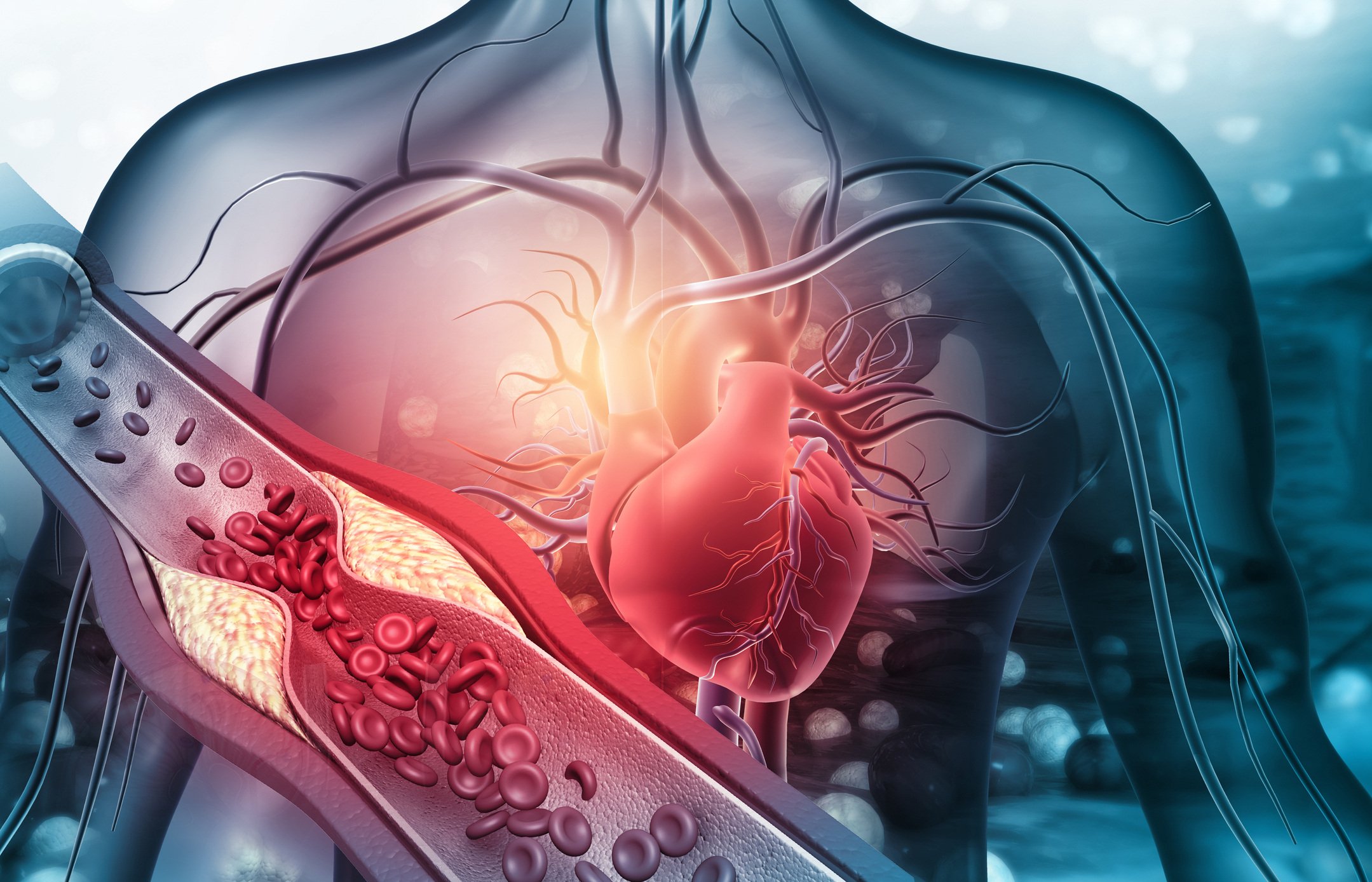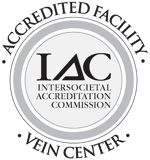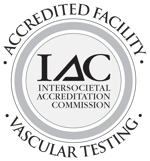February is American Heart Month, a time to raise awareness about cardiovascular health. While the term "cardiovascular" often brings to mind heart-related conditions, the reality is that it encompasses both heart and vascular diseases.
As vascular surgeons, we understand that while these conditions share common risk factors, they represent distinct areas of concern. By understanding their similarities and differences, patients can make informed decisions about their health and seek the right care when needed.
The Common Thread: Cardiovascular Disease and Atherosclerosis
Heart disease and vascular disease fall under the broad category of cardiovascular disease (CVD). One of the most significant commonalities is atherosclerosis, a condition characterized by the hardening or narrowing of the arteries due to plaque buildup. Atherosclerosis affects both the coronary arteries (leading to heart disease) and the peripheral arteries (causing vascular diseases such as peripheral artery disease, or PAD).
Both heart and vascular diseases are influenced by similar risk factors, including:
- High blood pressure (hypertension)
- High cholesterol
- Diabetes
- Smoking
- Obesity
- Sedentary lifestyle
- Family history of cardiovascular disease
Understanding Heart Disease
Heart disease primarily refers to conditions affecting the heart's structure and function. Common forms of heart disease include:
- Coronary artery disease (CAD): The most common form, caused by narrowed or blocked coronary arteries, which can lead to heart attacks.
- Arrhythmias: Irregular heart rhythms that affect how the heart pumps blood.
- Heart failure: A condition where the heart struggles to pump blood effectively.
- Heart valve disease: Malfunctioning valves that affect blood flow within the heart.
Understanding Vascular Disease
Vascular disease affects the blood vessels outside of the heart, including arteries, veins, and lymphatic vessels. Some of the most common vascular conditions include:
- Peripheral artery disease (PAD): Narrowing of arteries in the legs, reducing blood flow and potentially leading to pain, ulcers, or even amputation in severe cases.
- Carotid artery disease: Blockage in the carotid arteries, which can increase the risk of stroke.
- Aneurysms: Weak spots in arteries that can enlarge and rupture, leading to life-threatening complications.
- Chronic venous insufficiency and varicose veins: Issues with blood return from the veins in the legs, leading to swelling, pain, and skin changes.
How Heart and Vascular Specialists Work Together
Although heart and vascular diseases are distinct, they are closely linked. The vascular system is responsible for delivering oxygen-rich blood throughout the body, including to the heart. When vascular disease affects major arteries, it can directly contribute to heart disease by restricting blood flow. Conversely, heart disease can lead to vascular complications, such as an increased risk of stroke due to irregular heart rhythms.
In many healthcare settings, heart and vascular specialists collaborate to provide comprehensive cardiovascular care. Patients with multiple risk factors for cardiovascular disease may benefit from screening and management strategies that address both heart and vascular health.
Prevention and Early Detection: A Shared Responsibility
Regardless of whether a patient is more at risk for heart or vascular disease, the best approach is prevention. Lifestyle modifications such as quitting smoking, eating a heart-healthy diet, staying active, and managing chronic conditions like diabetes and high blood pressure can significantly reduce the risk of cardiovascular disease.
For those already experiencing symptoms — whether it’s leg pain while walking (a sign of PAD) or chest discomfort (a warning sign of heart disease) — early detection and intervention can make all the difference in preventing serious complications.
While heart and vascular diseases are distinct, they are part of the same overarching cardiovascular system. By understanding their similarities and differences, patients can take proactive steps toward better health. Whether seeking care for heart-related conditions or vascular concerns, it’s essential to recognize the importance of comprehensive cardiovascular care in maintaining overall well-being.
At the Vein Institute at The Cardiovascular Care Group, we specialize in diagnosing and treating vascular conditions to help patients improve circulation, prevent complications, and maintain an active lifestyle. If you have concerns about your vascular health, schedule a consultation with our specialists today.









.jpg?width=944&name=Castle-Connolly-Top-Doctors-Emblem-Large%20(4).jpg)